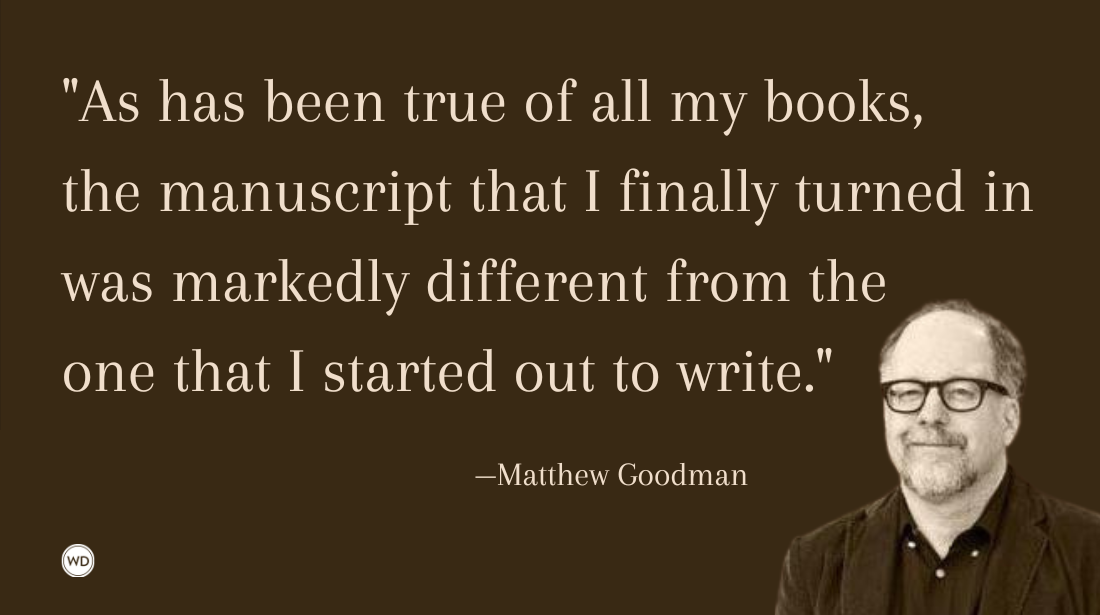May vs. Might
Learn when to use may vs. might with Grammar Rules from the Writer’s Digest editors, including a few examples of correct usages.
Q: "I may go to the store." "I might go to the store." Is there a difference between these two sentences? I've always been confused as to when to use "may" and when to use "might"? —Joe A.
A: Both "may" and "might" have the same overall meaning, yes, but both indicate different verb moods. Choosing one over the other will tell readers how likely you are to actually do the action or, as in your question's example, go to the store.
"May" indicates that you are more likely to do something. I may go to the store means I probably will go to the store. "Might" suggests that you are less likely to do something. I might go to the store means it's unlikely that I'll go to the store. So while I may dance the hokey pokey with my daughters tonight (something we do most nights), I might hang up my clean clothes in my closet (something my wife claims I haven't accomplished in five years).
Although this rule seems pretty cut-and-dried, it has a few exceptions worth noting. According to Garner's Modern American Usage (a bible for all grammar nuts like me), you should never use "may" in a negative hypothetical because the reader could read it to mean the person "does not have permission." For example, saying "I may not go to the store" could be misread as "I am not allowed to go to the store." In this case, you always use "might": I might not go to the store.
Also, and even more confusing, "might" is the past tense of "may." So if the event is in the past, the mood implication doesn't matter and you always use "might." My wife might have gone to the store last night. I might have pulled a hamstring while doing the hokey pokey last week.
Jane Friedman is a full-time entrepreneur (since 2014) and has 20 years of experience in the publishing industry. She is the co-founder of The Hot Sheet, the essential publishing industry newsletter for authors, and is the former publisher of Writer’s Digest. In addition to being a columnist with Publishers Weekly and a professor with The Great Courses, Jane maintains an award-winning blog for writers at JaneFriedman.com. Jane’s newest book is The Business of Being a Writer (University of Chicago Press, 2018).








